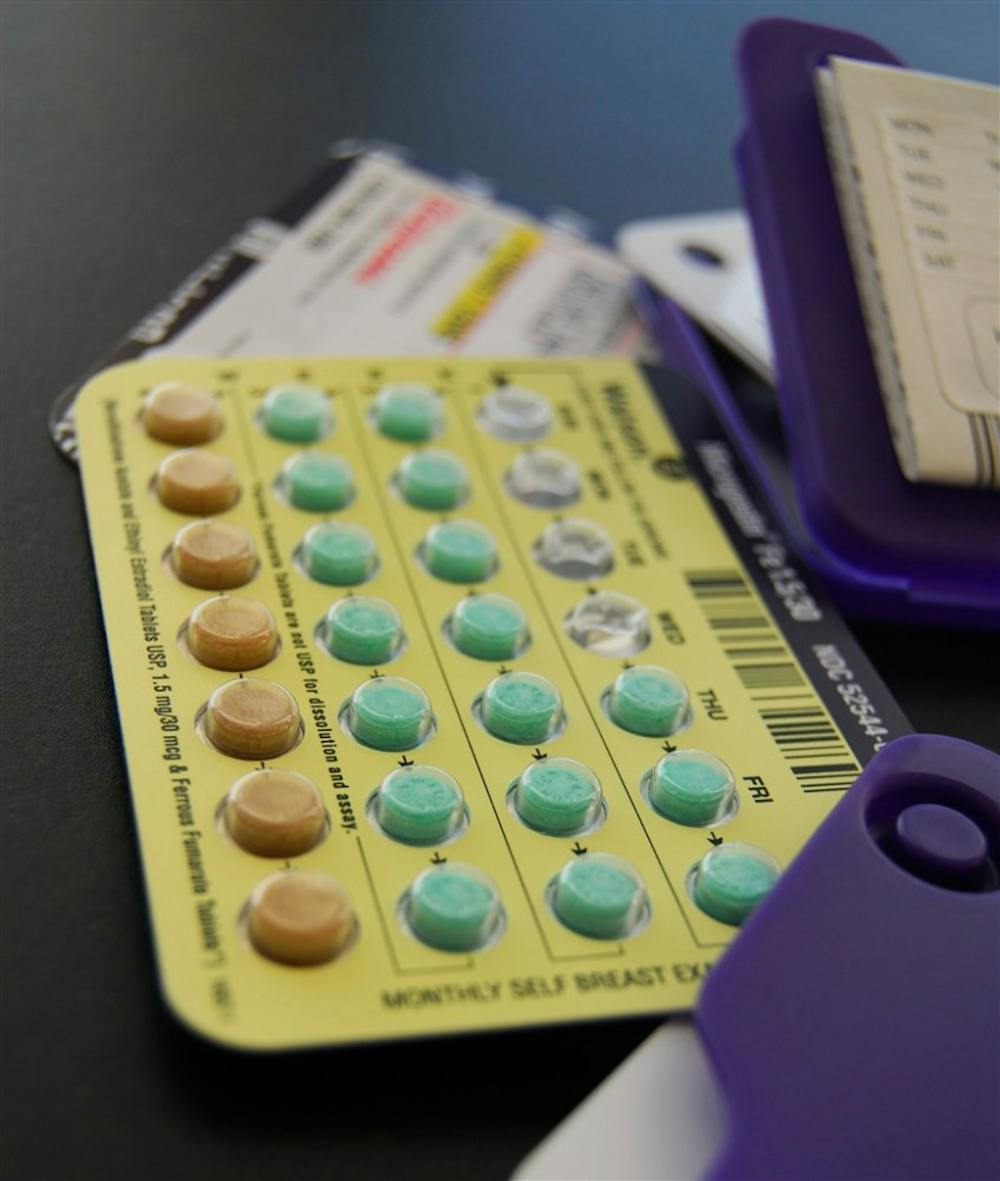Female students may have to find another option besides the Elon University Health Center to receive insurance- covered birth control next year.
Beginning August 2012, birth control pills will be free to all Americans with health insurance. A statute passed by Congress in the recent health care reform will force insurance companies to cover birth control and other preventative care with no co- pay.
The Health Center does not fill insurance claims and, because of that, will not be implementing the plan. But one advantage of obtaining birth control from the Health Center without insurance is privacy. When insurance claims are filed from other practices, students' parents receive an explanation of benefits in the mail detailing visits and medications.
"One of the reasons I came to Elon after being in practice for many years is that we don't file insurance," said Jim Hawkins, physician and medical director of the Health Center. "Filing insurance is a Pandora's Box."
Hawkins said he does not foresee any changes to Elon's distribution of birth control because of insurance issues, and Elon likely will not start taking insurance any time in the near future.
"We would need to be on insurance panels and certified for all the insurance companies for all the students, many of whom are out of state," Hawkins said. "That's hundreds of companies. It's tedious and time consuming to be approved. It would require one or two extra people in our department just to file insurance. I think it's been decided that now is not the best time to look into that."
Some Elon students are supportive of the legislation. Junior Brittany Woodard was enthusiastic about the prospect.
"It's my favorite part of the health care bill," she said. "It's covering all the bases. Even though I won't use it, I know someone else will. It's the most exciting thing they've done in a long time."
One issue surrounding the Elon Health Center's birth control supply is the price, which some students think is too steep.
Sophomore Will Stirn said he believes birth control should be free for both sexes.
"It would be better if it was equal," Stirn said. "No one wants an unwanted pregnancy."
Freshman Abby Keleman said she supports the measure.
"A lot of girls can't afford to pay the monthly cost, which means they can become pregnant," she said. "Then, it can cost them education and other opportunities."
Other students are aware of the moral implications of the policy, which is opposed by many religious groups and anti-abortion activists.
"You can't ignore the fact that a lot of it is a moral argument," said freshman Hampton Smith. "Still, you have to have a good health policy for everyone."
The university provides many different types of birth control through the Health Center, including Plan B, also called "the morning after pill," which is an oral contraceptive taken post- intercourse. A monthly pack of birth control pills costs $17 and students can purchase up to three packs per visit. The Health Center will also help students planning to study abroad, allowing them to purchase nine or 10 months' worth of the prescription at a time. Free counseling is also available.
The Health Center also distributes free condoms, which students can receive at the front desk without an appointment.
Access to birth control through the Health Center is easy, according to Hawkins.
"We will work with anyone eligible for control however they want to do it," he said. "If you send your Doberman Pinscher over here, we probably wouldn't give them to him, but we'll give them to just about anybody else"


